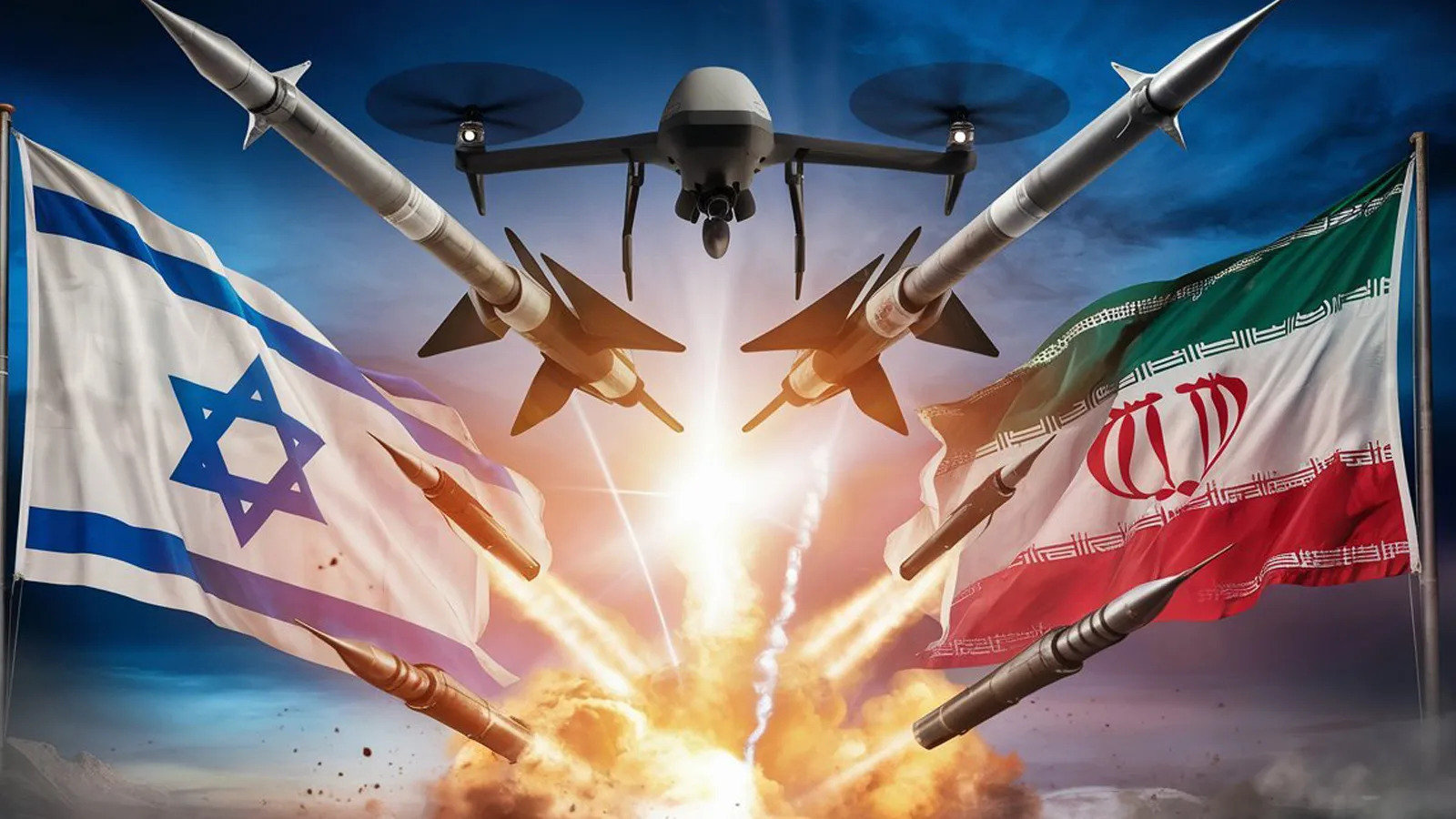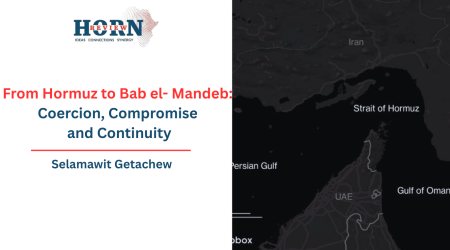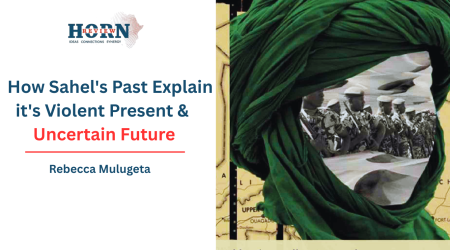
8
Jul
Ceasefire or Reload? Will Diplomacy Fail Again? Unpacking the Israel-Iran War.
The latest confrontation between Israel and Iran has stripped away the façade of restraint. The two states have moved beyond strategic ambiguity, opting for direct action and open escalation. With a unilateral declaration of ceasefire by the United States, but no formal de-escalation by Iran, the region remains trapped in a fragile truce that could collapse at any moment. Iran’s direct missile barrage on Israeli territory was not simply retaliation it was a strategic announcement. By abandoning its tradition of proxy warfare in favor of direct engagement, Tehran signaled a new chapter in its regional posture.
Iran’s officials and media contended breaking the taboo of direct confrontation and defending sovereignty was a success. When mentioning success Iran claimed victory in two fronts: Demonstration of missile and drone capabilities and rallying domestic and regional support. Even though the strike inflicted minimal military and civilian damage, Iran’s impression of success lies in perception and symbolic impact. Its missile operation may have failed to penetrate Israeli defenses, but it prevailed in breaking perceptual threshold. It unified the regime’s internal base, reinvigorated its external network of loyal militias, and demonstrates to regional actors that Tehran no longer adheres to covert norms.
Israel, for its part, interpreted the attack as both a challenge and an opportunity. It placed significance focus on its defensive success. Its multi-layered air defense, supported by both regional and global allies, intercepted nearly all incoming attacks. The message it sent was clear: Israel remains a fortress, inviolable, and its regional alliances are strong and isolated was not at issue. However, the victory narrative does include the psychological shift that has occurred. Iran has proven its reach, its coordination capacity, and its willingness to endure the risks of direct conflict.
The U.S. response high-altitude aerial operations on Iranian nuclear infrastructure further intensified the altercation. President Trump’s decision to strike without congressional approval was a demonstration of resolve and a gamble with global implications. The damage inflicted was significant, but whether it amounts to its objective success is still in question. Iran’s nuclear capacity cannot be put out of existence solely through aerial bombardment. Its retaliatory options remain active and unpredictable. This conflict is no longer about battlefield gains. It is about narratives, deterrence, and the redefinition of red lines. Iran has shown it can strike directly. Israel has shown it can defend and rally support. The U.S. has shown it will act militarily if provoked. But none of these actions translate into a long-term strategy. They are reactions.
Iran’s Foreign Minister, Abbas Araghchi, stated that “as of now, there is no agreement on any ceasefire or cessation of military operations”, insisting that Iran’s attacks will only stop if Israel refrains its aggression first. No negotiation, no guarantees, and no multilateral oversight beg the question if the ceasefire is reliable or if it is just a reloading period. It is less a peace step and more a moment of recalibration. Real peace takes more than a silence. Tehran has pledged consequences. Its proxies are stirring. And the absence of diplomacy leaves room only for agitation.
Although centered in the Middle East, the reigniting of this war inevitably ripples through the Horn of Africa. Shaking through its fragile economic, security, and diplomatic foundations. The Red Sea, a lifeline for Ethiopia, Djibouti, and Somalia, faces threats from Houthi attacks on shipping, risking trade disruptions and spiking fuel costs. Ethiopia, tethered to Djibouti’s ports, could choke on delayed goods and inflated prices. Global oil market tremors, fueled by Iran’s threats to block the Strait of Hormuz, hit the Horn’s import-dependent economies hard, with Sudan and Somalia especially vulnerable to price shocks.
Regarding security, Iran’s subverted proxies might push Tehran to stir trouble in the Horn, where U.S. bases in Djibouti and Somalia or Israel’s presence in Eritrea could become targets. Sudan’s internal chaos makes it a prime contender for proxy meddling, while Western focus on the Middle East might starve the Horn of counterterrorism support, letting groups like al-Shabaab exploit the chasm.
Diplomatically, Horn nations like Ethiopia walk a tightrope. Balancing ties with Israel, a key security partner, against BRICS membership alongside Iran is tricky. The African Union’s call for restraint contrasts with Sudan’s anti-Israel stance, exposing regional splits. Ethiopia and Kenya’s neutrality aims to preserve Western and Gulf alliances but risks alienating others.
The burning question is one of trajectory: Is this a breathing space from diplomacy or the end of it? Without clear enforcement measures or shared commitments, the possibility of violations remains elevated, making it less likely to bring a definitive end to violence. Any provocation intentional or accidental could reignite full confrontation. It gives the parties time to regroup reload and reassess their strategies.
Ultimately, the end of this ceasefire will depend on whether genuine negotiations emerge to address the core issues. The role of third parties is notably subdued. Traditional mediators have either stepped back or lost credibility. Emerging powers may attempt to fill the gap, but any serious negotiation will require more than symbolic engagement. Without a neutral framework, any diplomatic overture risks being dismissed as posturing.
The coming weeks will determine the endurance of this fragile cease. Without further positive action, it may collapse under the weight of mutual suspicion. If diplomacy fails again, the region may witness a new era, probably not of full-scale war, but of constant recalibration through force. That would be a dangerous status.
What happens next will not only shape the Israel-Iran dynamic but also signal whether power in this region is to be managed through restraint or reasserted through escalation. In either case, the consequences will not stay confined to the Middle East.
By Tselot Getachew,Researcher,Horn Review










